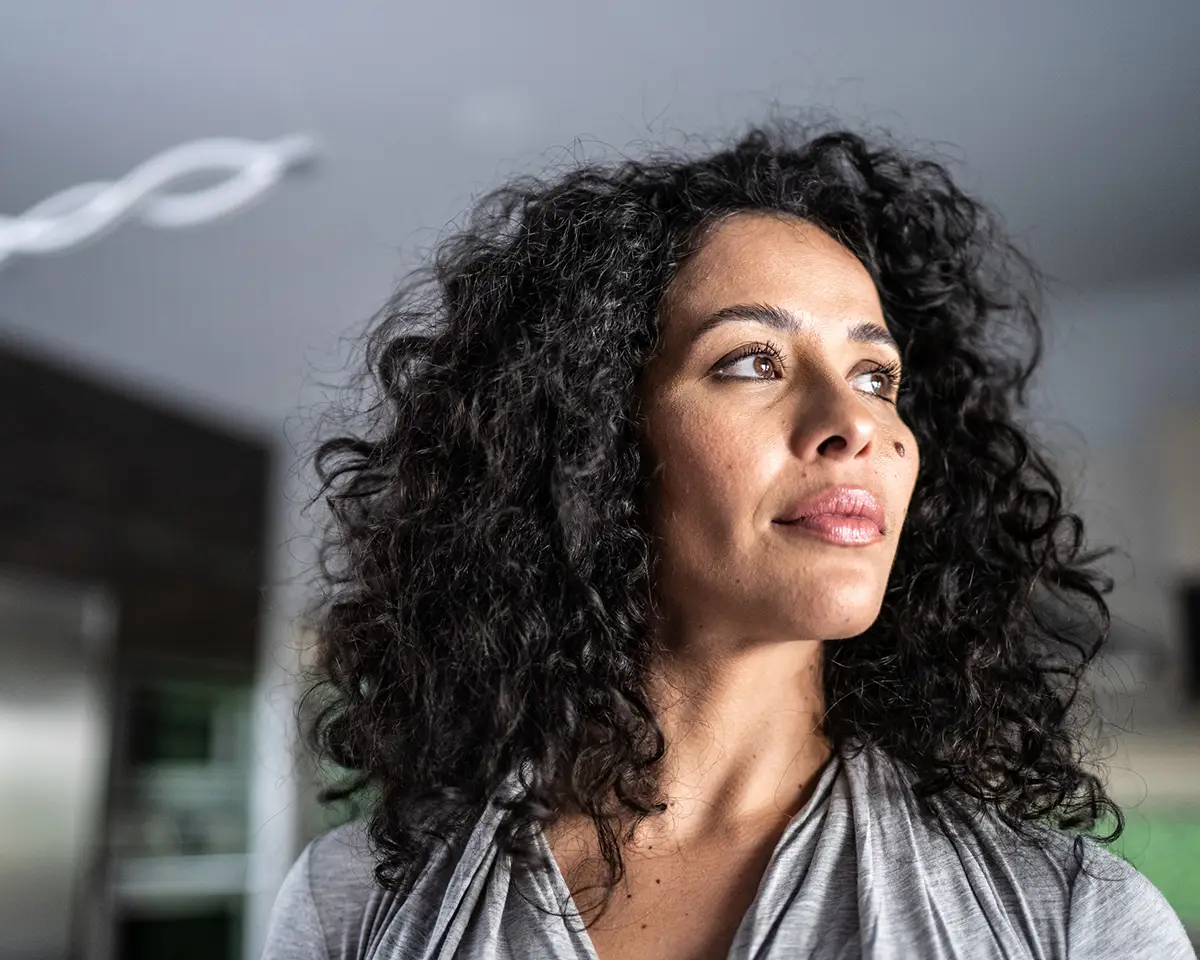What is a Breast Cancer Risk Assessment?

Mammograms are one of the most important tools in detecting breast cancer early, when it’s most treatable. In addition to the yearly screening, more women are learning about breast cancer risk assessments, one more way for you and your health care provider to get a clearer picture of your chances of developing breast cancer.
But what exactly is a breast cancer risk assessment?
Watch: Summer Chaudhry, MD, medical director of Missouri Baptist Medical Center’s Breast HealthCare Center, talks about breast cancer risk assessments.
A breast cancer risk assessment uses modeling to look at different factors, such as a woman’s:
- Family history of breast cancer
- Personal health history
- Breast density
Using those factors, the assessment then calculates her risk of developing breast cancer over a period of time, for example, the next five years or over her lifetime. A score of 20% or greater is considered high risk and should be followed up with screening mammography beginning at age 30. Typically, screening mammography begins at age 40.
Three things to know about breast cancer risk assessments:
- A risk assessment gives you an estimate, not an exact percentage. The idea is to better understand whether you are at average risk or high risk of developing breast cancer to determine when to initiate screening mammography.
- Risk assessments don’t replace mammograms. Mammograms are still the most important exam for breast health. Risk assessments will, however, help your doctor determine if you should initiate screening mammography earlier than age 40.
- Depending on your assessment results, your doctor might also choose to use additional screening methods. These include a breast MRI, which can help detect breast cancer. Breast MRIs are especially useful for patients with dense breasts. Your doctor might recommend that you schedule the supplemental screening six months after your annual mammogram, to monitor your breasts for new developments in between mammograms.
Need help finding an OB-GYN? From routine concerns to complex conditions, BJC HealthCare’s doctors are qualified to care for any issue.
Recent News
Article
Breathe Easier: Tips for Improving Your Lung Health
Article
Chenitra Emergency Care
Article
Leading The Way in Lung Cancer Diagnosis
Article
Safety Tips for 4th of July Firework Fun
Article
Metro East Vascular Access Center
Article